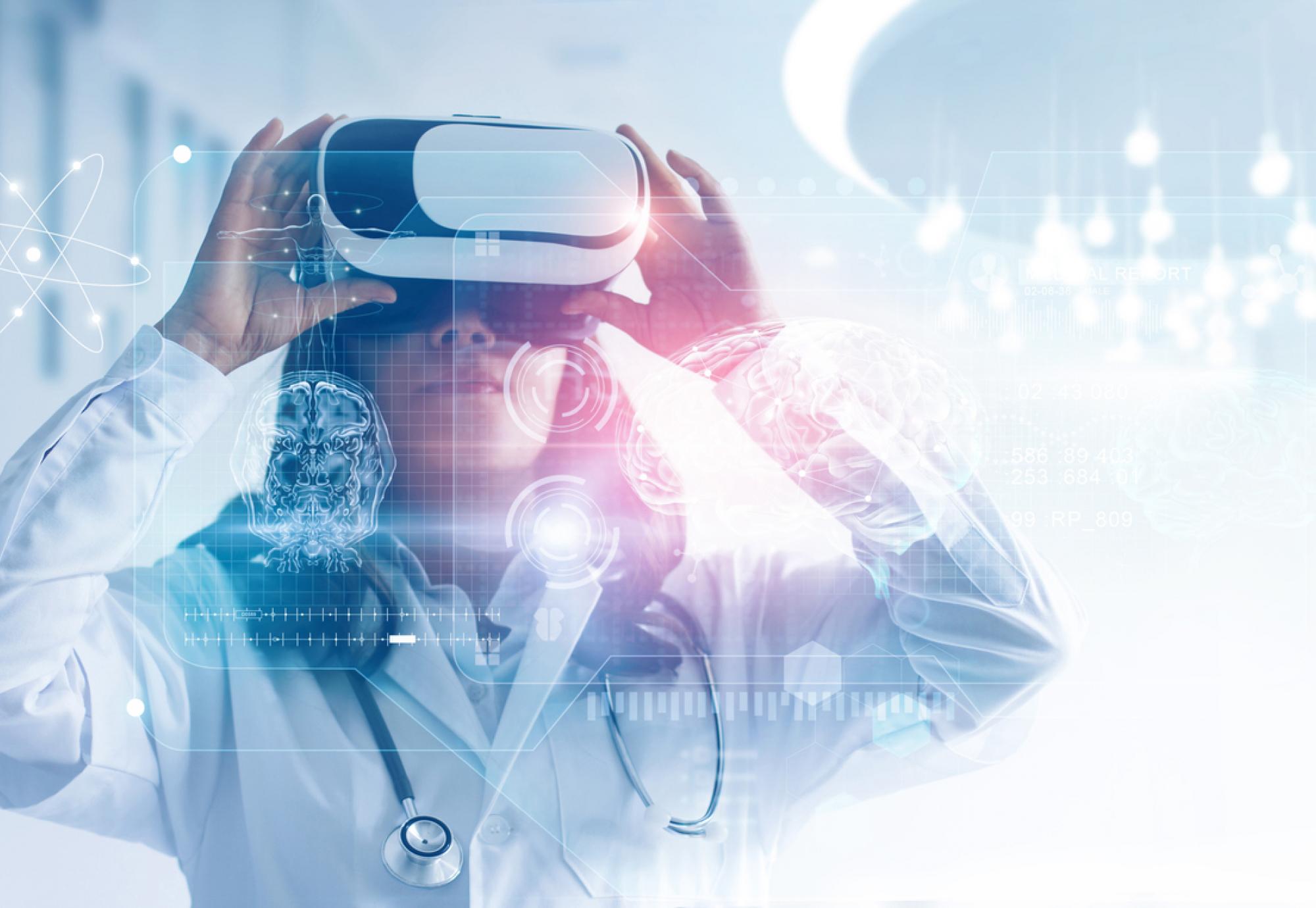The NHS are set to trial state-of-the-art virtual reality-style goggles in a bid to streamline treatment processes and give clinicians more time with patients.
The cutting-edge glasses will be worn by community nurses on home visits and will allow them to:
- Transcribe appointment minutes directly on to electronic patient records, allowing nurses to avoid unnecessary and time-consuming admin tasks.
- Broadcast live footage directly to fellow hospital colleagues, helping clinicians avoid unnecessary second appointments and further expediting the patient treatment process.
- Access thermal imaging technology enabling health professional to assess how wounds and injuries are healing.
- Look up their next appointment and how long it will take to get there based on live traffic updates.
It is estimated that community nurses spend more than half of their day filling out forms and completing admin tasks – time that could be better spent elsewhere.
NHS Director for Transformation, Dr Tim Ferris, said: “Some of the best innovations come from local solutions and so through this project, NHS staff can test what works for them and what provides the best possible care for patients.
“These new smart glasses are the latest pioneering tech and really show us what the future of the NHS could look like – they are a win-win for staff and patients alike, freeing up time consuming admin for nurses, meaning more time for patient care.”
Clinicians can only use the smart glasses and record data if a patient gives them explicit consent.
The programme will be launched in areas overseen by Northern Lincolnshire and Goole NHS Foundation Trust after NHS England awarded the Trust £400,000 to trial the technology.
The project is part of a wider scheme that will see a further 16 pilots be launched over the coming months.
Minister for Health, Maria Caulfield, said: “Health and care research is crucial to transforming our health service and ensure the NHS is able to deliver world-class care.
“These new high-tech goggles have the potential to revolutionise the way community nurses carry out home visits – reducing admin and increasing the accuracy of diagnosis and treatment.
“Yet again, this technology is testament to the UK’s innovation and our front-footedness in the discovery of ground-breaking research which can help us beat the Covid backlogs.”
The technology is overall hoped to spread capacity and enable nurses to focus more on clinical tasks like taking patient blood pressure, assessing patient health statuses, and dressing wounds.



















